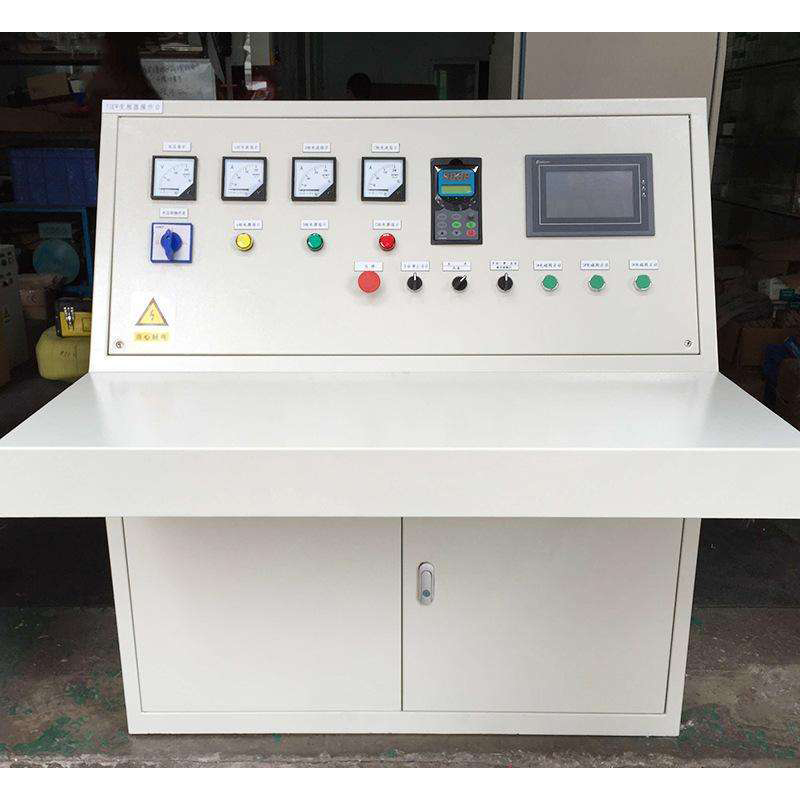
Dec . 05, 2024 13:04
Back to list
Gas Filtration and Separation Techniques for Enhanced Efficiency
Understanding Gas Filter Separators Essential Equipment for Oil and Gas Industry
Gas filter separators are crucial components in the oil and gas industry, particularly in the processing and refining stages. They serve a fundamental role in ensuring the purity of gas streams, thereby enhancing the efficiency and safety of downstream operations. This article will explore the principles of gas filter separators, their functions, and their importance in industrial applications.
What is a Gas Filter Separator?
A gas filter separator is a device designed to remove solid particles, liquid droplets, and other impurities from gas streams. This equipment operates by combining the functions of filtration and separation, making it an imperative tool for maintaining gas quality. Typically found in natural gas processing plants, production facilities, and compressor stations, these separators work primarily to safeguard pipelines and related equipment from contaminants.
How Does It Work?
The operation of a gas filter separator involves several stages
1. Inlet Design The gas enters the separator through an inlet designed to create a high-velocity swirl. This swirling motion helps to separate larger liquid droplets and solid particles from the gas stream.
2. Filtration Once the gas moves inside the separator, it passes through a series of filter elements. These filter elements trap fine particles, aerosols, and liquid contaminants, ensuring that only clean gas exits the separator. The filtration media can vary, including pleated filters, coalescing filters, or other specialized filtering materials, depending on the operational requirements.
3. Separation As the gas flows through the device, any remaining liquid is forced to the bottom through gravitational forces. The design of the separator allows for effective disengagement of gas and liquid phases, where the liquid accumulates in a designated compartment and is subsequently drained away.
4. Outlet Finally, the filtered gas exits the separator through an outlet line, ready for further processing or distribution.
Applications
Gas filter separators are widely used across several applications in the oil and gas sector
gas filter separator

- Natural Gas Processing In natural gas processing plants, these separators ensure that the gas delivered for processing is free of contaminants such as water, oil, and particulates, which can cause corrosion, blockage, or inefficiencies in downstream equipment.
- Upstream Production In oil and gas production, filter separators help maintain the integrity of production equipment by preventing liquid carryover into gas lines. This is crucial in maintaining optimal production rates and reducing downtime.
- Compression Stations In gas compression stations, filter separators protect compressors by removing contaminants that could cause mechanical failures or reduce performance.
Importance in Industry
The significance of gas filter separators cannot be overstated. Here are several reasons why they are considered indispensable
- Operational Efficiency By ensuring cleaner gas streams, filter separators enhance the overall efficiency of gas processing and transportation. This efficiency translates into reduced operational costs and higher throughput.
- Equipment Protection Contaminants can cause significant wear and tear on equipment. By removing these impurities, gas filter separators prolong the lifespan of critical assets like compressors and pipelines, leading to lower maintenance costs.
- Safety Compliance The oil and gas industry is subject to stringent regulatory standards regarding the quality of produced gas. Utilizing gas filter separators helps operators comply with these regulations, reducing legal liabilities and enhancing safety.
- Environmental Responsibility Cleaner gas emissions contribute to improved environmental compliance. By reducing the release of contaminants, gas filter separators help organizations operate sustainably and with greater environmental stewardship.
Conclusion
Gas filter separators play a vital role in the oil and gas industry, functioning as essential devices that ensure the integrity and quality of gas streams. Through their effective filtration and separation processes, these units not only enhance operational efficiency but also protect valuable equipment and contribute to regulatory compliance. As the industry continues to evolve, the importance of such technologies will undoubtedly remain at the forefront of natural resource management and refining processes. Understanding the functions and applications of gas filter separators is essential for professionals in the field who aim to optimize their operations and ensure safety and efficiency in an ever-demanding industry.
Latest news
-
Safety Valve Spring-Loaded Design Overpressure ProtectionNewsJul.25,2025
-
Precision Voltage Regulator AC5 Accuracy Grade PerformanceNewsJul.25,2025
-
Natural Gas Pressure Regulating Skid Industrial Pipeline ApplicationsNewsJul.25,2025
-
Natural Gas Filter Stainless Steel Mesh Element DesignNewsJul.25,2025
-
Gas Pressure Regulator Valve Direct-Acting Spring-Loaded DesignNewsJul.25,2025
-
Decompression Equipment Multi-Stage Heat Exchange System DesignNewsJul.25,2025

